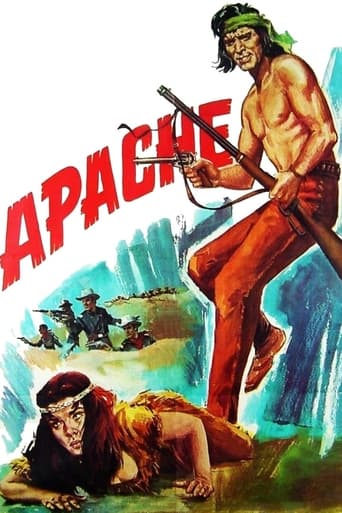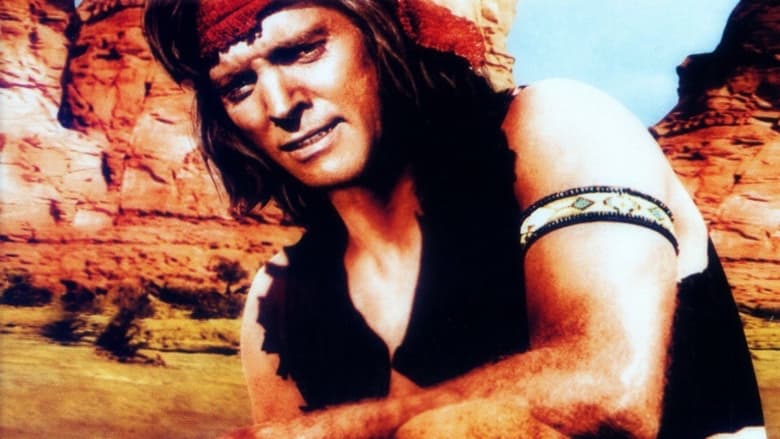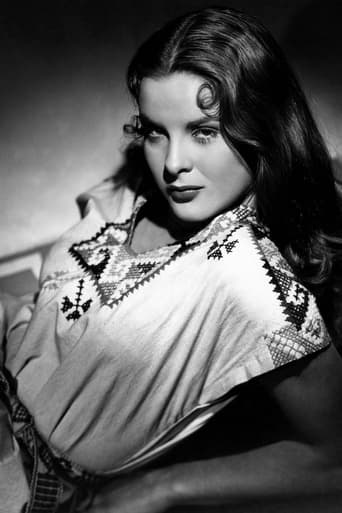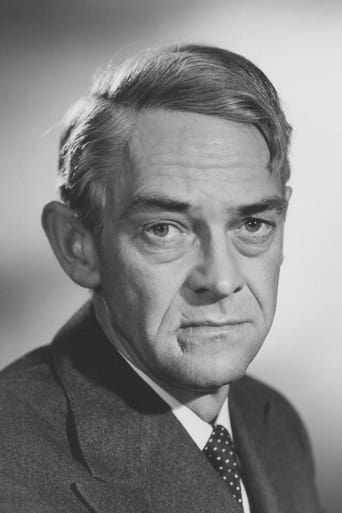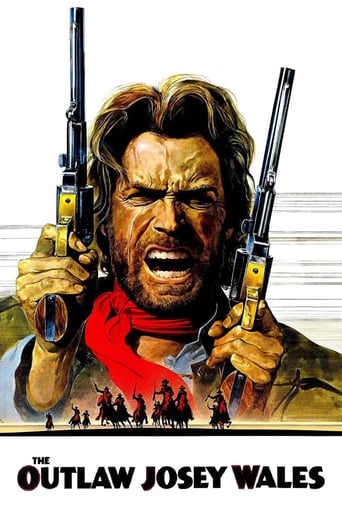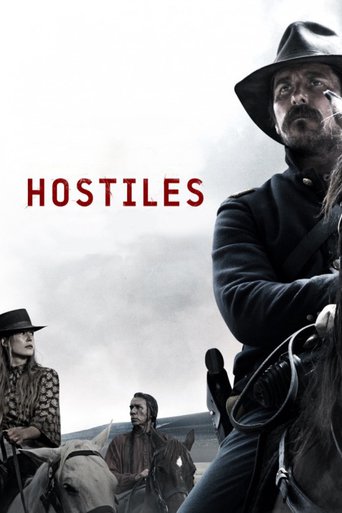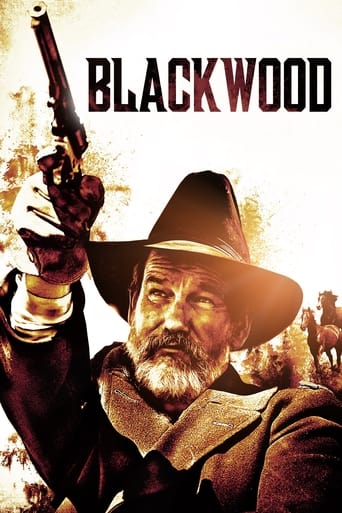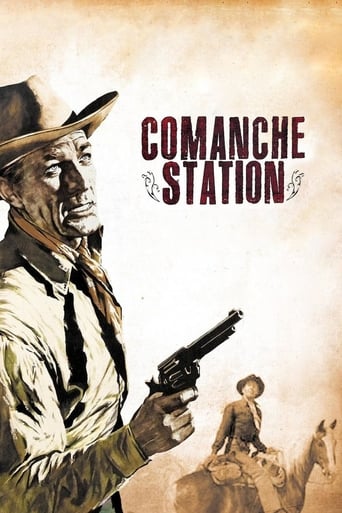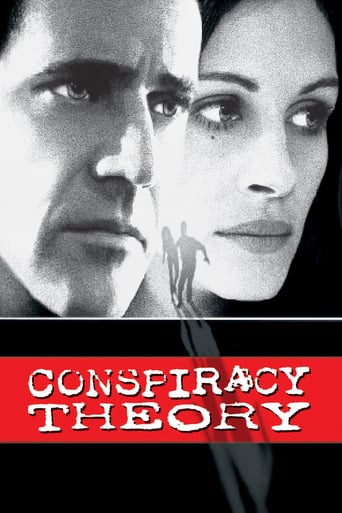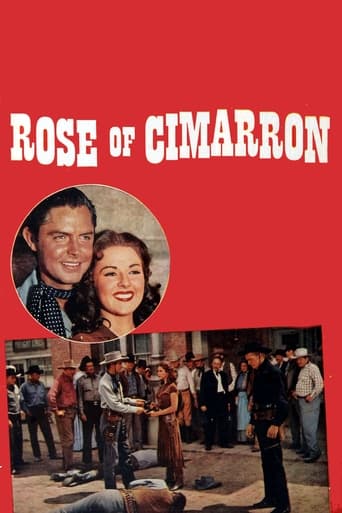Apache (1954)
Following the surrender of Geronimo, Massai, the last Apache warrior is captured and scheduled for transportation to a Florida reservation. On the way he manages to escape and heads for his homeland to win back his girl and settle down to grow crops. His pursuers have other ideas though.
Watch Trailer
Cast
Similar titles
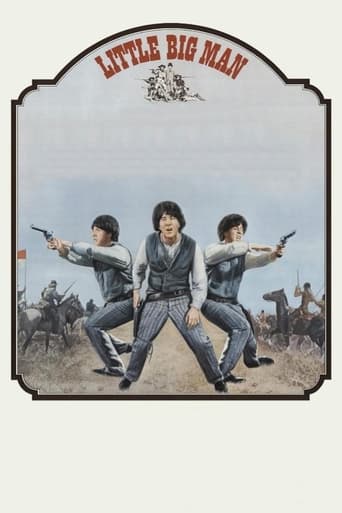
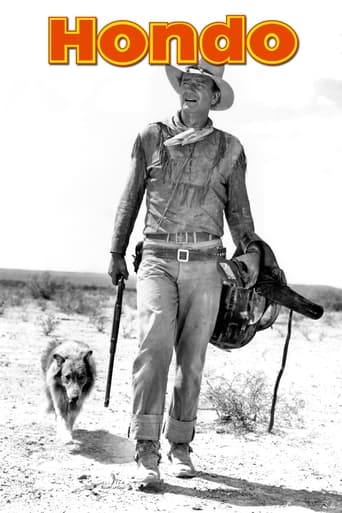
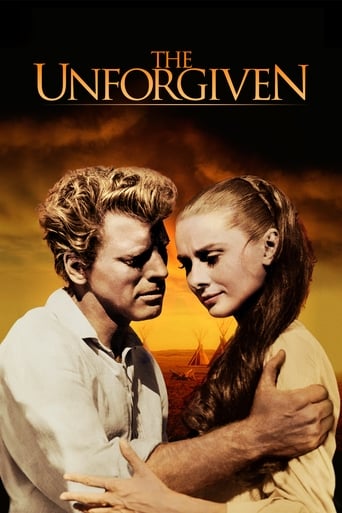
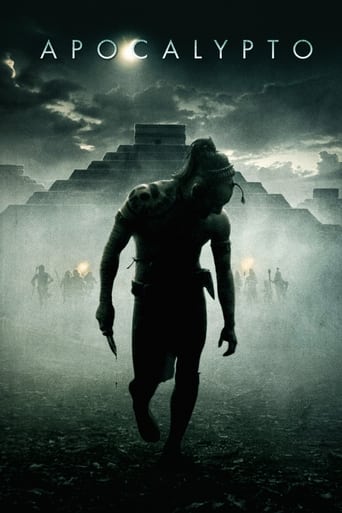
Reviews
I love this movie so much
Good movie but grossly overrated
This is one of the few movies I've ever seen where the whole audience broke into spontaneous, loud applause a third of the way in.
This is a gorgeous movie made by a gorgeous spirit.
I'm always curious about the casting of name actors in Native American roles. You had Chuck Connors as the title character in 1962's "Geronimo" and Paul Newman did a respectable job in 1967's "Hombre". The thing with me is, I don't have so much a problem with white actors cast as Indians, but more so in the fact that their celebrity serves as a distraction in watching the picture. That's the issue here as well, with Burt Lancaster in the role of Apache warrior Massai, most of the time I was watching Lancaster the actor while trying to pay attention to the story.About the only thing that's historically accurate in this film is the capture of Massai the first time and his escape from the prison train. All the rest is poetic license taken for the sake of the story, so on that basis you'll have to judge for yourself. The real Massai virtually disappeared once he returned to New Mexico-Arizona Territory, raiding along the border and occasionally seeking refuge in Mexico. He kidnapped and married a Mescalero Apache girl and had six children with her. The idea presented in the movie that Massai could walk away from the Cavalry after killing a number of soldiers and scouts is plainly laughable, but Hollywood in the Fifties wouldn't have drawn an audience without a feel good ending.The one thing the film does have going for it is the Indian dialog. There are some thoughtful conversations among the Native characters on screen, and one idea that intrigued me came from Santos (Paul Guilfoyle), father of Nalinle (Jean Peters). He stated that "even a hawk is an eagle among crows". I liked that imagery, it reminded me of a similar saying having to do with a one eyed man being king in the land of the blind.The other thing that got my attention had to do with the egotistical and vicious bounty hunter Weddle (John Dehner). That time he walked into the trading post for supplies, one of the things he asked for was 'saleratus'. I couldn't let that one go and had to look it up. Wouldn't you know, he could have made things a whole lot easier by simply asking for baking soda.
Burt Lancaster brings great dignity to the role of Massai, a fiercely proud Apache man who still thinks of himself as a warrior. Unwilling to be shipped off, along with other Indians, to Florida, he escapes his captors and makes life miserable for the white men in his midst. Eventually, he abducts a young woman, Nalinle (Jean Peters), and attempts to begin a life as a family man and a farmer. Meanwhile, Indian scouts such as Al Sieber (John McIntire) and Hondo (Charles Bronson) steadily track him down.In some ways, "Apache" is a product of its time, with an assortment of white actors playing Indians. If people are able to suspend their disbelief, they'll find that the acting is generally good. While Massai is stubborn and not all that sympathetic, Lancaster takes the role seriously, stressing the Indian warriors' pride at all times. At the same time, the film is rather progressive for having an Indian character in a leading / heroic role.Peters is appealing as the lady who helps to bring out more of his humanity. In addition to the robust McIntire and the typically low key Bronson, the very fine supporting cast includes John Dehner, Paul Guilfoyle (*not* the 'C.S.I.' co-star, but a different character actor), "High Noon" villain Ian MacDonald, Walter Sande, and Morris Ankrum.The action is first rate, with rousing music by David Raksin and lush colour cinematography by Ernest Laszlo and Stanley Cortez. The "happy" ending doesn't feel all that convincing, but at least getting there is somewhat interesting, with efficient direction by Robert Aldrich helping to keep things watchable.Six out of 10.
This is a slightly above average Western.Here are its good points:Burt looks great as usual.A very early appearance by Charles BronsonA pretty accurate depiction of 1880's Apaches. For example, the use of Apache scouts to track down Apache renegades, the forced relocation of Apaches to Florida, Massai was a real renegade.A progressive film for its time in terms of its sympathetic depiction of the Apaches. Just as importantly, it accomplishes this without becoming maudlin, boring or overly condescending (as in Cheyenne Autumn ten years later).The first third of the film is really compelling, with Massai escaping from imprisonment in Florida and making his way alone all the way back to Arizona. Unfortunately, the rest of the movie doesn't deliver.Here are the bad points:The movie presents its message in a very confusing manner. Massai is supposed to evolve during the film from an idealistic warrior unwilling to surrender into a quiet leader who will teach his people to assimilate via farming. His transformation is instigated appropriately by a woman who has his baby (aren't all we men civilized by our women and families?). In the penultimate scene, though, the wife - about to give birth - suddenly urges Massai to engage in a suicidal fight to death against an overwhelming force of scouts and soldiers closing in on them. Then, in an ending that was obviously written on the back of a napkin on location, he proceeds to murder five or six of his pursuers. All the fighting then ceases as the cries of the new born baby ring out. At that point all the combatants more or less join hands and sing kum-bah- ya as Massai throws down his weapons and goes to his wife and baby, ostensibly to become a gentleman farmer.The movie is devoid of humorI always ask a critical question to myself about two thirds of the way through any movie: "Do I care about anybody in this film?" For "Apache", the answer came back "No". So, it didn't make me laugh or cry.
Following Geronimo's surrender, Massai is the last Apache warrior who refuses to bow down to the white man. Escaping from a prison train, he returns to his homeland in New Mexico, attacks the local fort and escapes into the hills with Nalinle, the squaw who loves him. But tribeless, homeless and pursued, how long can he survive ?This is one of those rare fifties westerns which tries, within the traditions of the genre, to portray American Indian culture with accuracy and sympathy (see also Sam Fuller's Run Of The Arrow), and was the first of three great westerns made by Aldrich, Lancaster and producer Harold Hecht (the others being Vera Cruz and Ulzana's Raid). It has three fine performances; blue-eyed Lancaster is physically dazzling as the uncompromising Massai, who is noble, cruel, tireless in his quest for freedom, and tortured by the defeat of his people. Peters, little-known now but a major star in her day (and Mrs Howard Hughes), is terrific as the woman who understands Massai's conflict and loves him despite it. And McIntire (the sheriff in Psycho) is solid as the weary, hard-bitten tracker who has devoted his life to both understanding and defeating Apaches. Watch too for Bronson in a small role, billed here under his real name, Charles Buchinsky (he adopted his more famous moniker from 1955 onwards). Ernest Laszlo's photography of the California and Arizona scenery is fabulous, and Aldrich's trademark themes - machismo, independence and injustice - are all present and correct. This was his third movie and his first cowboy flick, and thematically is one of the most important westerns ever made.
